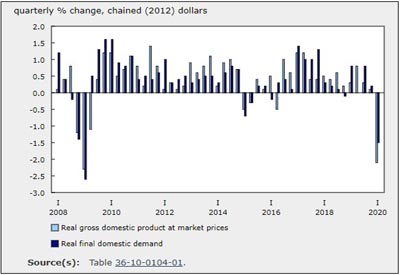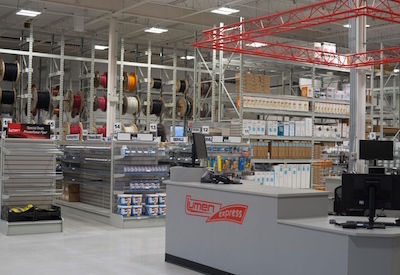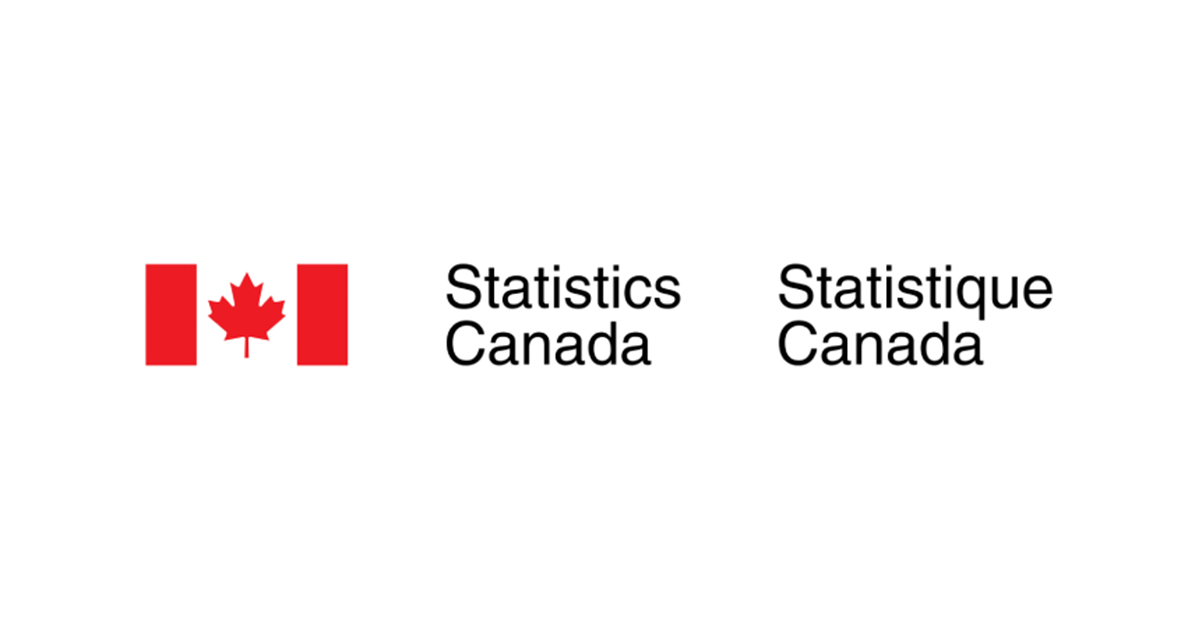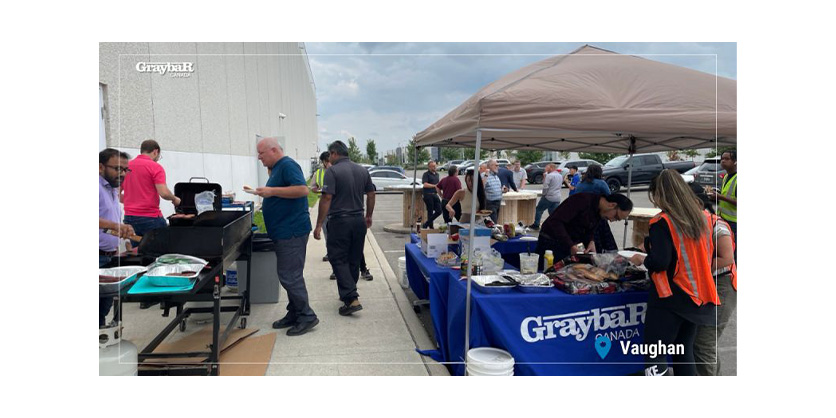Aligning Compensation with Channel Selling

Mar 9, 2018
By David Gordon
A core philosophy in developing sales compensation models is to reward salespeople for what you want them to do… which is sell. Salespeople need to be aligned with their company’s goals, and in the case of manufacturer reps their manufacturers’ goals. Historically for electrical manufacturer reps this typically involved selling to electrical distributors, and their agreements with manufacturers were written specifically for sales to or through electrical distributors. But in a changing, more diversified industry, are goals still aligned?
A few recent discussions, a current research initiative and the recent NEMRA annual meeting led me to wonder if rep commission agreements, and maybe models, need to re-evaluated. For manufacturers and distributors that can more effectively and properly ensure that their reps are compensated, the greater potential for salespeople to be aligned with manufacturer goals (sell more) and distributor goals (gain rep support to help the distributor sell more and better support the manufacturer line).
Much of the issue relates to clear direction, so that there is alignment of goals and a willingness to share non-customer specific sales information, at a minimum.
What led to the wondering?
eCommerce
Currently we’re analyzing the results of our State of eCommerce survey from an electrical buyer perspective. We’ve received input from contractors and end users on how they are currently utilizing the web / eCommerce and what their outlook is (the report will be available shortly for purchase). There are a couple of questions that essentially ask, “Where are you buying online?” The answers, in some cases not a surprise, are:
• MRO distributors (such as Grainger, McMaster Carr, Fastenal, MSC)
• eTailers / eDistributors such as Amazon Business, Zoro, product specials like Bulbs.com, Automation Direct, PLChardware.com, and others
• national and regional electrical distributors (but we’ve also seen contractors from one end of the country buying from distributors outside their marketplace)
So, eCommerce generates some questions:
• Many rep agreements do not pay for sales to other channels. eCommerce is expected to increase in importance as an alternative ordering system, and also enabling customers to purchase outside of their marketplace.
• Distributor diversification is growing. MRO companies are gaining a greater percentage of electrical sales. Are reps compensated for these sales in their territories? If not, should they be calling on these companies’ customers? Helping these companies?
• Who gets compensated for sales from the eTailers or eDistributors? Is anyone generating demand for products that are sold via these companies? Will these sales / customers ever require service?
• For sales from electrical distributors, who should be compensated for the sale to the distributor to stock / sell the material? Conversely, what happens to wherever the product is sold… across territories?
• Do manufacturers want reps to only sell products that will be sold to customers who will use the product in the rep territory?
• Do manufacturers want reps to sell to all types of distributors? Certain types? Only to electrical distributors?
• If there are service issues, do reps first need to ask, “Where did you buy this from?” If the answer is not “an electrical distributor,” then the rep refers the customer to the manufacturer?
There are other similar questions, and eCommerce only generates them. As these distribution organizations sell across territories and/or diversify their offerings and manufacturers sell through multiple channels, contractually who gets compensated?
Regional and central distribution centres (RDCs and CDCs)
I recently spoke with some manufacturer rep salespeople (not principals) who joined their agencies after they were manufacturers. You know the moral of the story… they are now seeing the issue from the other side of the fence (spend a day in someone else’s shoes).
They were telling me that they don’t actively support distribution in their marketplace as the material for a distributor is sent to a local RDC and they do not know if the principal receives any point of sale / purchase information to accurately pay the salesperson on the accounts he or she is calling on. This is a principal issue if he / she is receiving the information, however, if the distributor is not providing the appropriate information to the manufacturer (i.e., which material is sold by which branch and to where, geographically), then the distributor is complicit in not getting the right support. Why would a salesperson want to call on a distributor they don’t know, or believe, that they are getting compensated to support?
Is the rep’s compensation model aligned with the manufacturer goals? Do they want the rep to sell to
• all electrical distributors?
• only certain types (i.e., independents, chains, and which ones)?
Is it aligned, or perhaps misaligned with the distributor? Is that distributor getting the best support (demand generation support, customer service) from the rep if the rep is concerned about getting appropriately compensated? Or will the rep, if they can, quietly guide business to another distributor in the market?
NEMRA
These issues will continue and the percent of electrical sales sold solely through electrical distributors will continue to decline (distributors, ask your manufacturers what channels they sell through).
A couple of years ago NEMRA started laying the groundwork for helping distributors and manufacturers improve the accuracy of reporting. This can help distributors align with their manufacturers’ sales organizations and ensure that the local rep salesperson is appropriately compensated. This is NEMRA’s Minimum POS Reporting Standards, which focus on where the product is sold (zip and postal code level), but does not ask the distributor for end user customer information or end user sales information.
To date:
• almost 40 manufacturers have endorsed
• Graybar and Rexel have endorsed
• a couple of independents have endorsed / expressed interest
• one of the marketing groups is considering encouraging its members to support
If you are a manufacturer, you can learn more by contacting NEMRA or CMG as we’ve been facilitating this initiative for NEMRA or you can email us for a company of the NEMRA standards.
Distributors can improve their alignment with their local rep by providing the information necessary for local and all reps to be compensated appropriately where the sales are within their local market or more broadly (via online sales).
Manufacturers, on the other hand, may wish to consider how their sales compensation model is best aligned with their business and channel goals. Which type of distributor do you want your reps calling on? What demand creation activities are being expected today? How is your product being sold… what is different today than when you wrote the rep contract 5, 10, 15, 25, 50 years ago?
So, the questions become
• Manufacturers, are you aligned with your sales strategy?
• Can your rep compensation model be a competitive advantage to capture share of mind?
• As a distributor, are you capturing more of your key reps’ share of mind? And are you giving your manufacturer’s everything they need to ensure this?
Rep policies don’t change quickly, and some reps have spent extensive time negotiating their agreements, but if tomorrow’s channel / business will look different than today’s, are other models available?
Some thoughts
Perhaps this starts with standardized reporting to improve accuracy and reduce duplicate efforts via better POS reporting.
Reps should better network based upon manufacturer alignment to discuss potential models (if a manufacturer has 30 reps, realistically they can’t have 30 rep compensation models.)
Consider… if you were in direct sales and your company only paid on commission based upon what your customers bought but your company, and customers, didn’t provide sales reporting that you had confidence in, would you support that customer long-term? How long would you stay with your company? (assuming you had choice).
Thoughts?
David Gordon is President of Channel Marketing Group. Channel Marketing Group develops market share and growth strategies for manufacturers and distributors and develops market research. CMG’s specialty is the electrical industry. He also authors an electrical industry blog, www.electricaltrends.com. He can be reached at 919-488-8635 or dgordon@channelmkt.com.











